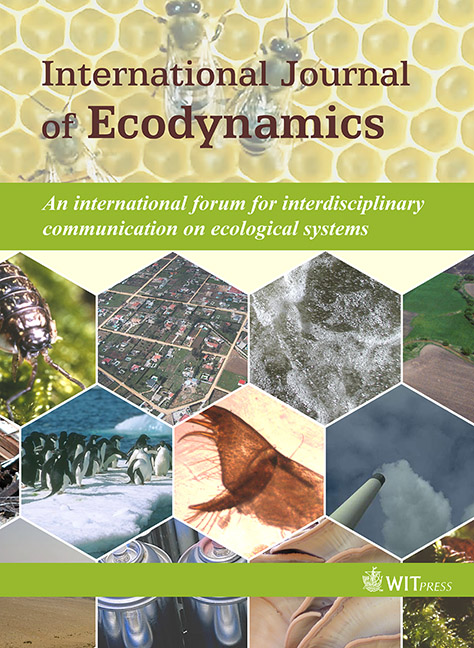The two velocities of technology and nature: a conversation with Adolfo Pèrez Esquivel
Price
Free (open access)
Volume
Volume 2 (2007), Issue 2
Pages
4
Page Range
83 - 87
Paper DOI
10.2495/ECO-V2-N2-83-87
Copyright
WIT Press
Author(s)
A. Pérez Esquivel, R.M. Pulselli, F. Rossi
Abstract
The real world is a place of interactions, exchanges of information and co-evolution. It is this co-evolutionary component that generates quality and beauty. Dynamic, mutable, evolutionary forms are manifestations of the creativity of nature. Complexity, multiplicity, diversity and evolution in time are part of nature and the basic values on which the aesthetics and fascination of life is based [1]. Science can decide to study and go with these aspects of nature or to work against them, which it has often unfortunately done to further the mechanistic levelling culture of ‘progress’. It runs the risk to separate the time of humans from the time of nature, the historical time from the biological time, as Enzo Tiezzi affirms [2]. On the other hand, science can restore a new alliance between humans and nature, as Ilya Prigogine, Nobel Prize winner for Chemistry in 1977, highlighted in his book with Isabelle Stengers titled La Nouvelle Alliance [3].
A widespread opinion on the role of science and the entity of scientific progress today reveals a kind of unconditional faith in human means. Technological progress, triumphant in this era of electronics and communication, tends to be confused with the development of scientific thought. On the wings of enthusiasm, science avoids the path of the pioneer, that of discovery, which climbs, dips, curves and narrows before opening to the world, in favour of the straight, fast road to Eldorado. There is the doubt that too much leeway has been given to demagogy about the cultivation of profit and the commercialization of ideas. The world seems to have fallen under the spell of western dream vendors with their magic flutes and charmed snakes.
We present visions, expectations and perspectives of science – and, in particular, epistemology of science – through a conversation with Adolfo Pérez Esquivel, who was awarded the Nobel Peace Price, especially for his commitment to human rights.
Keywords




